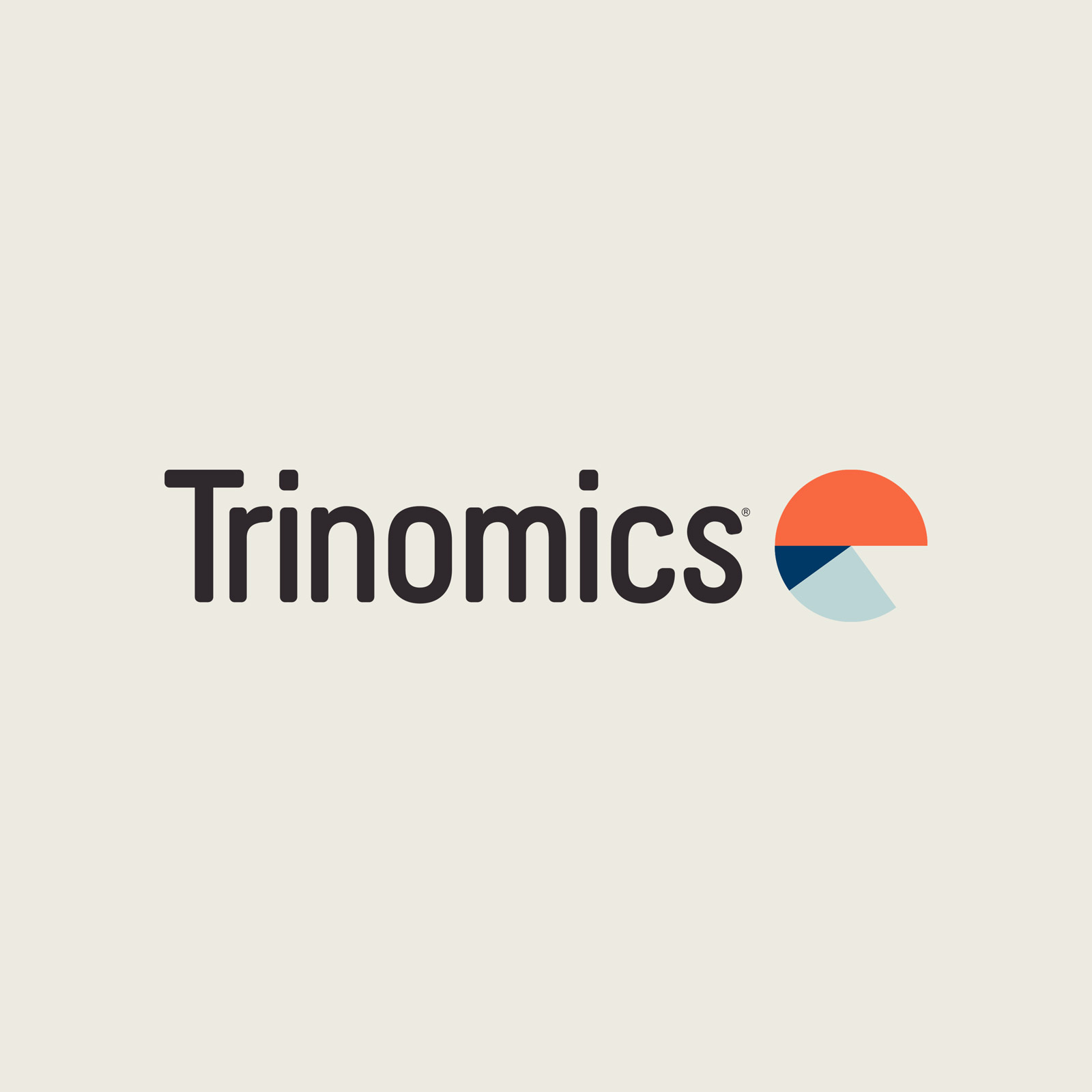- Client: EC - DG Structural Reform Support (REFORM)
- Implementation period: July, 2020 - June, 2022 (Completed)
- Geographic coverage: Finland, Global
What is needed for creating sustainable finance ecosystems?
The Paris Agreement, as well as the 17 UN Sustainable Development Goals (SDGs), aim at a fundamental transition of societies to ensure a sustainable and equitable future for all. The objective of these international commitments can only be achieved by developed and developing countries working in partnerships. Active collaboration and tailored partnerships between governments, the private sector and other non-state actors are essential in order to mobilize the required expertise, resources and finance.
A national study (SDG Finance Roadmap) on the development of financing models that support the UN SDGs was developed in Finland in 2018-2019. The study identified five key areas of action as well as key stakeholders in position to contribute to addressing central barriers and bottlenecks for mobilizing SDG finance at required scale and speed:
- While the identification and development of bankable/finance ready investment cases is a rather common challenge internationally, the Finnish ecosystem has its particular challenges in creating an investment pipeline of sufficiently high quantity as well as of “SDG aligned” quality (component 1).
- This links directly with the need to complement existing financing instruments and tailor multiple already available instruments (component 2) in the Finnish finance system. A set of valuable financing instruments are currently available in Finland, but in many cases do not create functional value chains, or ecosystems that would systematically produce a solidly growing pipeline of finance ready investment cases and hence mobilize private finance to SDG aligned investments.
- The Finnish SDG Finance Roadmap process also highlights the importance of proven track records in successfully managing SDG aligned investments (component 3). Without this credibility, the costs of finance, required de-risking instruments, etc. will remain central bottlenecks for mobilization at scale.
- Although several Finnish finance stakeholders have recently taken concrete steps to amend their SDG impact frameworks, major efforts are still needed in ensuring the quality, comparability and overall transparency of SDG impact reporting (component 4).
- Finally the SDG Finance Roadmap recognizes the need for knowledge and skills development, education and systematic learning of key actors in financial, private, public and third-sector industries, to enable not only address the identified barriers and bottlenecks but to also ensure that the transformation of the finance system takes place at required scale and pace and is sustained (component 5). This enables building finance systems for more resilient societies able to handle new and emerging sustainability challenges and ensure that policy development, including major green stimulus packages such as in the case of COVID-19, are aligned with the global sustainability goals.
This assignment will continue from the previous SDG Finance Roadmap by fostering the implementation of the Roadmap. The parties involved in the Project share a common view on its objective to achieve concrete results and impact. Hence, the work should within a foreseeable future help create ecosystems that measurably mobilize increased financing for SDG solution with Finnish value added. By aligning the Finnish SDG finance ecosystems development accordingly, the Project implementation team is committed to also ensure that the Project integrates a holistic, longer-term perspective, recognizing the Finnish, EU and global commitment to Agenda 2030.
The overall objective of the project is to contribute to increasing financing for ecosystems that provide solutions to the SDGs in Finland and globally, and in which Finland has strong expertise. This will be achieved by providing support to the national authorities, beneficiary institutions, and stakeholders in the following areas:
- Developing sustainable financing models in selected pilot ecosystems, through the uptake of sustainable finance flows by Finnish solutions in order to achieve SDG impact;
- Strengthening the capability of SMEs to manage their SDG impact (including measurement and reporting of it);
- Deploying and harmonizing sustainable finance practices within the public sector financing organizations, and
- Identifying solutions on how to enhance information exchange and coordination in relation to sustainable finance in Finland.
The project is conducted by Trinomics in collaboration with Gaia Consulting Oy (lead) and AARC Ltd. The project will run from July 2020 and will finish by June 2022.
